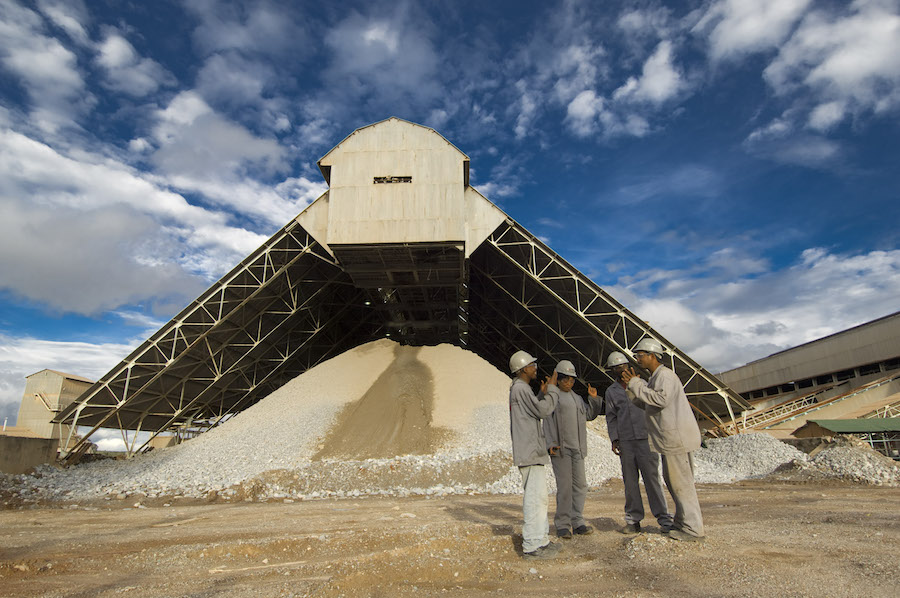DRC miners form new body to fight mining code

Miners operating in the Democratic Republic of Congo have formed a new body, the Mining Promotion Initiative (MPI), to engage with the government on their concerns about the country’s new code and other issues affecting the local industry.
The organization represents mining companies accounting for 80% of the DRC’s copper and cobalt production and 90% of gold output, including Randgold Resources, Glencore, Ivanhoe Mines, Gold Mountain International, Zijin Mining Group, MMG Limited, AngloGold Ashanti, Crystal River Global and China Molybdenum Co.
The DRC’s new mining code was signed into law in June without making any of the changes formally requested, including a sliding scale on royalties.
Getting the Gov’t to hear miners’ concerns on the country’s new code is the Mining Promotion Initiative’s main goal.
The contentious code hiked royalties, introduced a super profits tax and removed a 10-year amnesty on new rules for existing miners.
MPI’s general secretary, Richard Robinson, said the main issue that concerns its members was the application of the code. He noted the new rules compromised “investors who have invested in the country individually and alongside state companies, on terms guaranteed by the government through legislation, specific guarantees and bilateral trade agreements.”
Miners believe that if the DRC government fails to address some of the key issues in the new code, it would discourage further investment in large and small sustainable projects, which are crucial for the country’s economy.
But experts think that, rather than the companies themselves, cobalt consumers will be the most affected by the higher taxes imposed to producers and exporters, as the DRC supplies more than 60% of the world’s demand for the metal.
Cobalt prices have quadrupled in two years, and that share will only grow over the medium term as the DRC may soon overtake the US as the world’s number four copper producer.
Both commodities are key components in computer chips, mobile phones and lithium-ion batteries that power electric vehicles (EVs).
{{ commodity.name }}
{{ post.title }}
{{ post.date }}




Comments